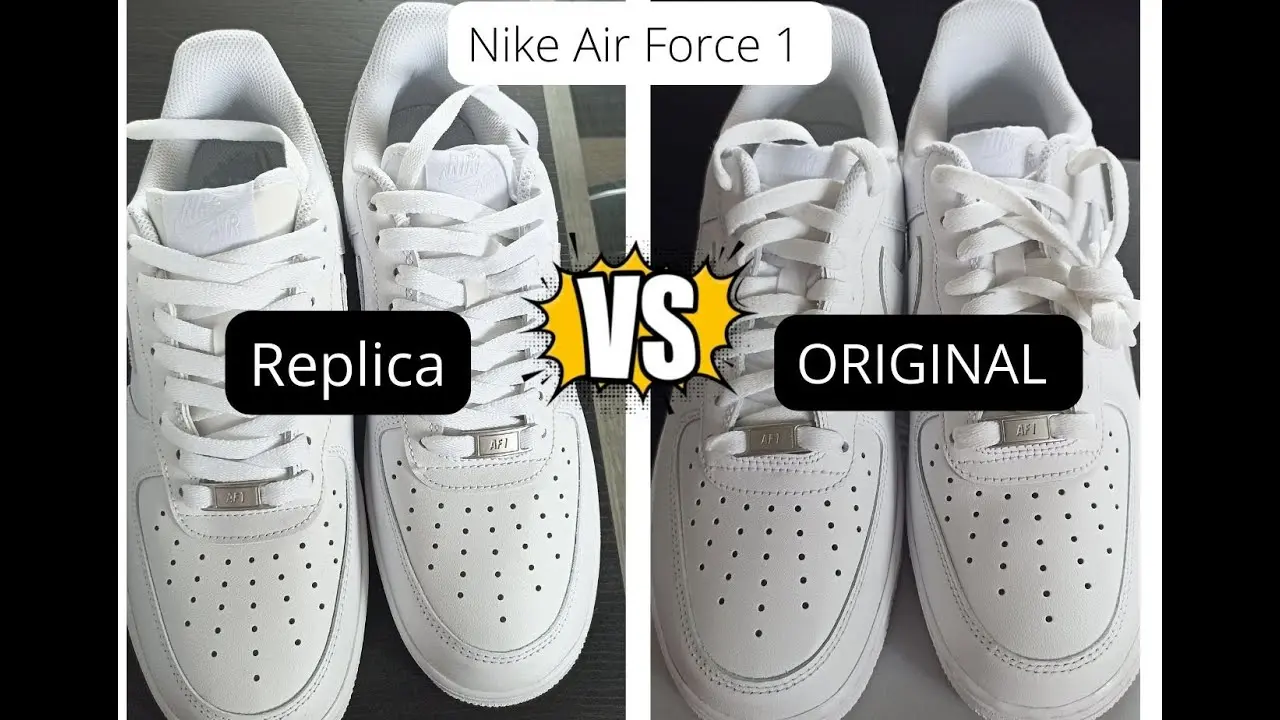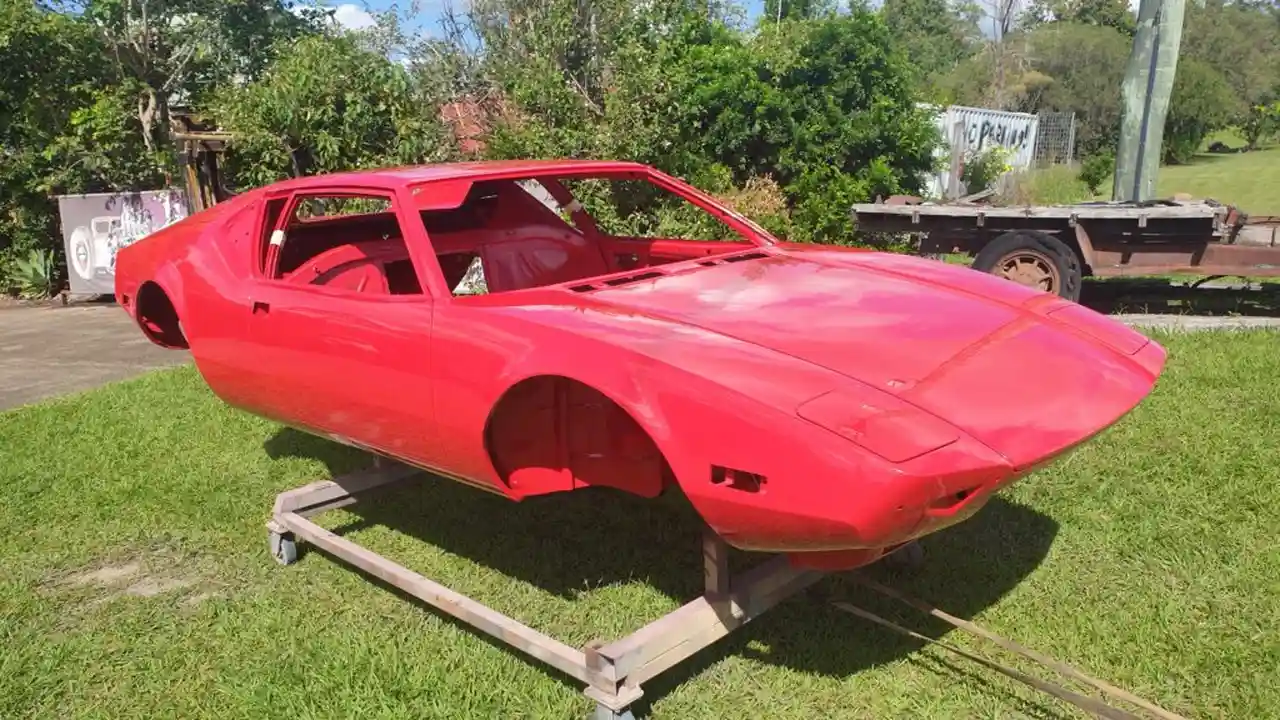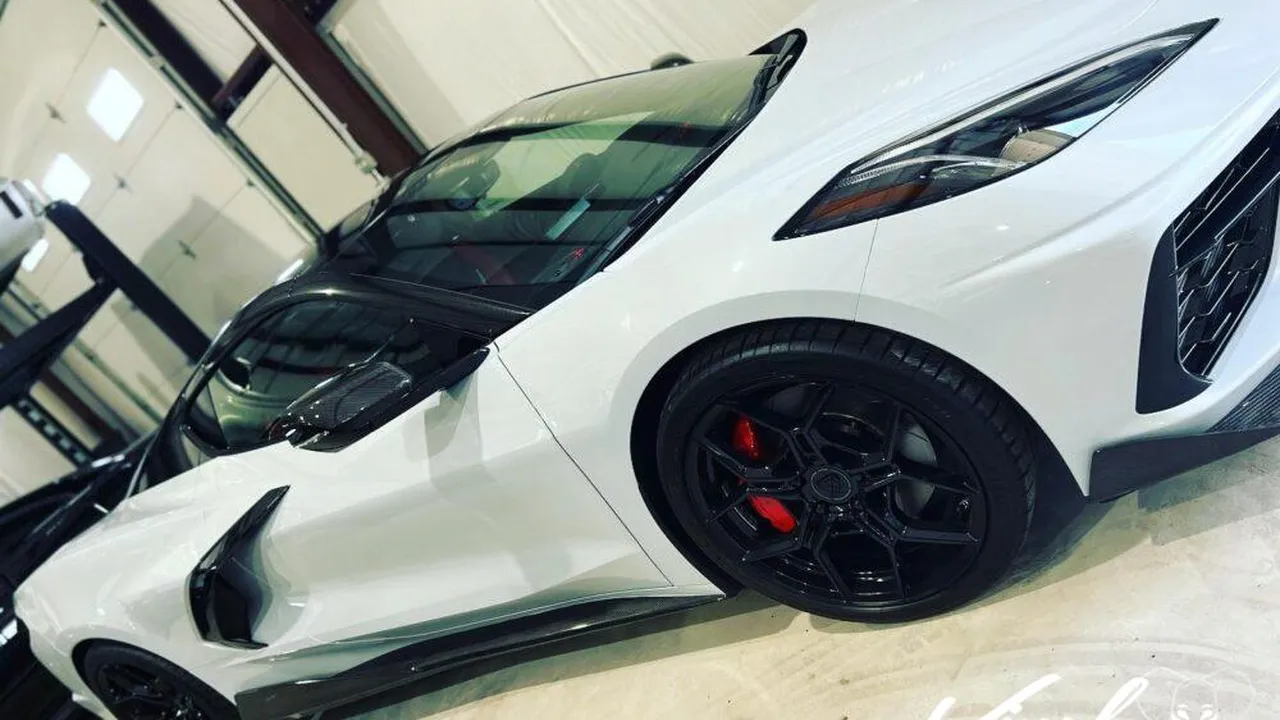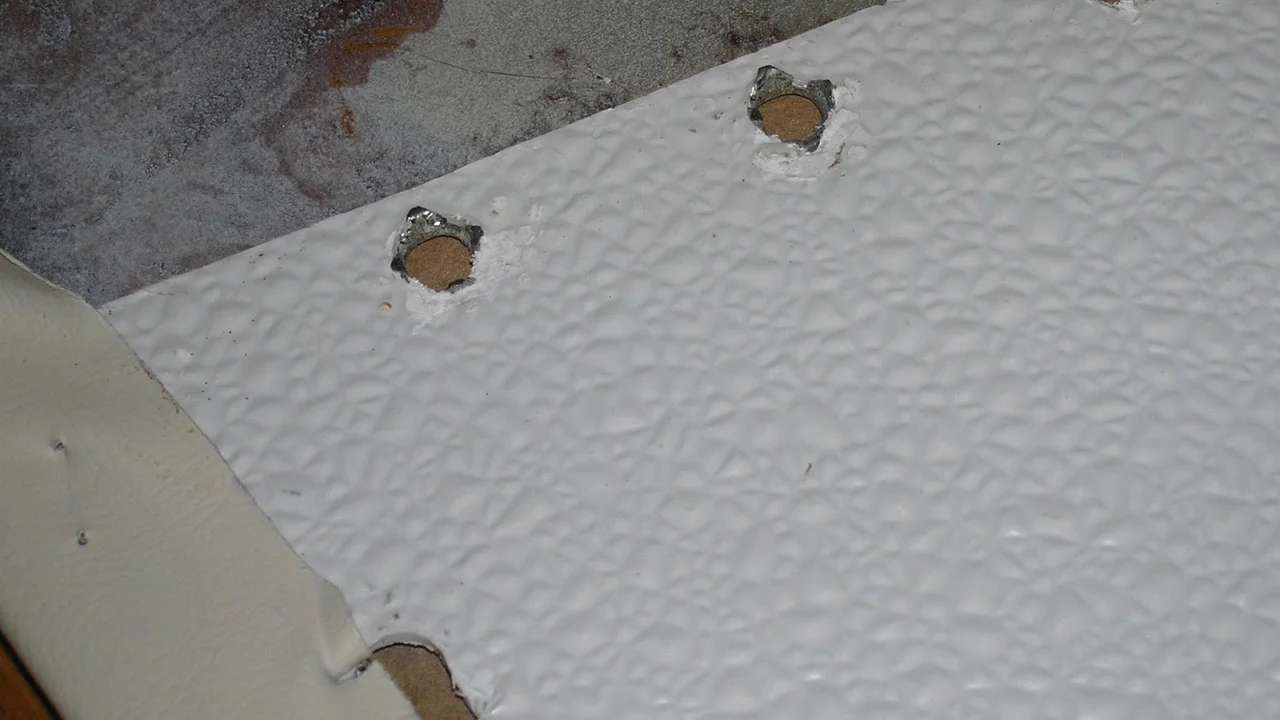Classic Car Insurance: Protecting Your Investment
Protect your investment with classic car insurance Learn about different types of coverage and how to choose the right policy Ensure your car is adequately protected in case of an accident
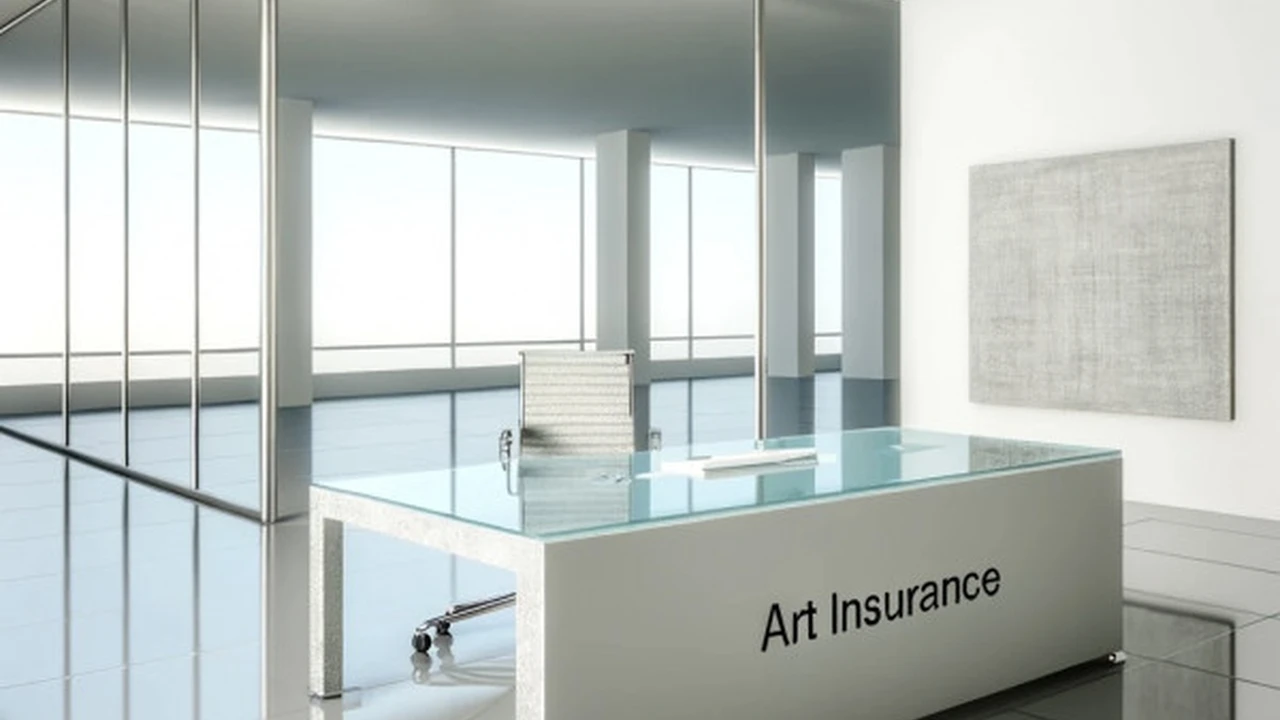
Understanding the Basics of Classic Car Insurance Coverage
So, you’ve poured your heart and soul (and probably a good chunk of your savings) into restoring a classic car. You’ve got the gleaming chrome, the purring engine, and the envious stares of passersby. But have you thought about insurance? Regular car insurance just doesn’t cut it for these beauties. You need specialized classic car insurance, and understanding what it covers is crucial.
Classic car insurance differs significantly from standard auto insurance because it's designed to cater to the unique needs of vintage and antique vehicles. One of the key distinctions lies in the valuation method. While standard insurance typically covers the depreciated value of a vehicle, classic car insurance often provides coverage based on the agreed value or stated value. This means that the insurance company and the policyholder agree on the car's worth at the time the policy is issued, ensuring that in the event of a total loss, the owner receives the full agreed-upon amount, rather than a depreciated value.
Another important difference is the usage restrictions. Classic car insurance policies often come with limitations on how and when the vehicle can be used. For example, policies may restrict the number of miles driven per year or prohibit using the car for daily commuting. These restrictions help to minimize the risk of accidents and wear and tear, which are important considerations for preserving the value and condition of classic cars.
Furthermore, classic car insurance policies may offer specialized coverage options that are not typically available with standard auto insurance. These can include coverage for spare parts, restoration work, and transportation to and from car shows or events. Some policies may also provide coverage for damage incurred during transit or while the car is on display.
Let's break down some essential types of coverage:
- Agreed Value Coverage: This is the gold standard. You and the insurer agree on the car’s value upfront. If it’s totaled, you get that amount (minus your deductible, of course).
- Liability Coverage: Just like regular insurance, this covers damages or injuries you cause to others in an accident. Don't skimp on this!
- Collision Coverage: Pays for damage to your car if you’re in an accident, regardless of who’s at fault.
- Comprehensive Coverage: Covers damage from things like theft, vandalism, fire, and natural disasters.
- Uninsured/Underinsured Motorist Coverage: Protects you if you’re hit by someone without insurance or with insufficient coverage.
Choosing the Right Classic Car Insurance Policy Options
Choosing the right classic car insurance policy involves several key considerations to ensure that your prized vehicle is adequately protected. Here's a breakdown of the factors to consider:
Assessing Your Coverage Needs: Start by evaluating how you plan to use your classic car. Will it be driven regularly, or primarily used for shows and events? Understanding your usage patterns will help determine the appropriate level of coverage needed. Consider factors such as mileage limits, storage conditions, and participation in car shows or rallies.
Comparing Different Insurance Providers: Research and compare multiple insurance providers that specialize in classic car coverage. Look for companies with a strong reputation, positive customer reviews, and experience in handling classic car claims. Request quotes from several providers to compare premiums, coverage options, and policy terms.
Understanding Policy Terms and Conditions: Carefully review the policy terms and conditions to understand the scope of coverage, exclusions, and limitations. Pay attention to details such as mileage restrictions, storage requirements, and any restrictions on modifications or alterations to the vehicle. Clarify any ambiguous language or clauses with the insurance provider before committing to a policy.
Evaluating Additional Coverage Options: Explore additional coverage options that may be beneficial for your classic car, such as spare parts coverage, restoration work coverage, and transportation coverage for car shows or events. Consider whether these options align with your needs and budget, and factor them into your decision-making process.
Considering Agreed Value vs. Actual Cash Value: Decide whether you prefer an agreed value policy or an actual cash value policy. Agreed value policies provide a predetermined payout in the event of a total loss, while actual cash value policies pay out the depreciated value of the vehicle at the time of the loss. For classic cars, agreed value policies are often preferred as they ensure that the owner receives the full value of their investment.
Seeking Expert Advice: Consult with a classic car insurance specialist or broker to get personalized advice and guidance. These professionals can help you navigate the complexities of classic car insurance and find a policy that meets your specific needs and budget.
Top Classic Car Insurance Companies and Their Offerings
Alright, let's dive into some of the big players in the classic car insurance game. These companies know their way around vintage vehicles and offer specialized coverage options.
- Hagerty: Arguably the most well-known in the classic car insurance world. They offer agreed value coverage, spare parts coverage, and even roadside assistance specifically for classic cars. They also have a fantastic magazine and community for classic car enthusiasts.
- American Collectors Insurance: Another reputable option with agreed value coverage and flexible usage options. They also offer coverage for cars under restoration.
- Grundy Worldwide: They specialize in antique and classic cars and offer agreed value coverage with no mileage limitations.
- Condon Skelly: A smaller, more personalized insurer that focuses on classic cars. They offer agreed value coverage and have a reputation for excellent customer service.
Here's a quick comparison table:
| Company | Agreed Value Coverage | Mileage Limitations | Spare Parts Coverage | Roadside Assistance |
|---|---|---|---|---|
| Hagerty | Yes | Limited (Flexible) | Yes | Yes (Specific to Classic Cars) |
| American Collectors Insurance | Yes | Flexible | Yes | No |
| Grundy Worldwide | Yes | None | No | No |
| Condon Skelly | Yes | Limited | No | No |
Factors Affecting Classic Car Insurance Rates and Premiums
Just like regular car insurance, several factors influence the cost of your classic car insurance. Understanding these can help you get the best possible rate. The cost of classic car insurance can vary based on several factors, including the vehicle's value, age, condition, and usage patterns. Here are some strategies to consider:
- Vehicle Value: The higher the agreed value of your car, the higher the premium will be. It's simple economics.
- Vehicle Age and Condition: Older cars and those in pristine condition tend to have lower premiums because they're often driven less and are better maintained.
- Storage Location: Garaging your car in a secure location can lower your premium. Conversely, storing it outside increases the risk of damage and theft.
- Usage Restrictions: Limiting your mileage and avoiding daily commuting can significantly reduce your premium.
- Driving Record: A clean driving record is always a plus. Accidents and traffic violations will increase your premium.
- Security Measures: Installing anti-theft devices can demonstrate to the insurance company that you are taking proactive steps to protect your vehicle. This can lead to lower premiums and better coverage options.
Specific Product Recommendations for Classic Car Security and Protection
Let's talk about some specific products that can help protect your classic car and potentially lower your insurance premiums. These aren't endorsements, just examples of what's out there:
- GPS Tracking Devices: Brands like LoJack and Trackimo offer GPS tracking devices that can help locate your car if it's stolen. These devices often come with features like geofencing and real-time alerts.
- Alarm Systems: Viper and Clifford are well-known brands for car alarm systems. Look for systems with features like shock sensors, tilt sensors, and remote start disable.
- Steering Wheel Locks: The Club is a classic steering wheel lock that can deter thieves. It's a simple but effective visual deterrent.
- Battery Disconnect Switches: These switches allow you to easily disconnect the battery when the car is not in use, preventing theft and battery drain.
- Security Cameras: Installing security cameras in your garage or storage area can provide video evidence in case of theft or vandalism.
- Car Covers: A high-quality car cover can protect your car from the elements, preventing damage to the paint and interior.
Product Comparison Table
| Product | Brand | Features | Price Range | Pros | Cons |
|---|---|---|---|---|---|
| GPS Tracker | Trackimo | Real-time tracking, geofencing, SOS button | $150 - $250 | Easy to install, affordable | Requires subscription |
| Alarm System | Viper | Shock sensor, tilt sensor, remote start disable | $200 - $500 (plus installation) | Comprehensive security, remote features | Professional installation required |
| Steering Wheel Lock | The Club | Visual deterrent, simple to use | $30 - $50 | Affordable, easy to install | Can be defeated by determined thieves |
| Battery Disconnect Switch | Generic | Prevents theft and battery drain | $10 - $30 | Inexpensive, easy to install | Requires manual operation |
Tips for Lowering Your Classic Car Insurance Costs
Who doesn't want to save money? Here are some tried-and-true tips for lowering your classic car insurance costs:
- Shop Around: Get quotes from multiple insurers. Don't just settle for the first one you find.
- Increase Your Deductible: A higher deductible means a lower premium, but make sure you can afford to pay the deductible if you have a claim.
- Limit Mileage: The less you drive, the lower your premium will be. Consider a limited mileage policy.
- Install Security Devices: Anti-theft devices can qualify you for discounts.
- Join a Classic Car Club: Some insurers offer discounts to club members.
- Maintain a Clean Driving Record: Avoid accidents and traffic violations.
- Bundle Your Insurance: If you have other insurance policies with the same company (e.g., home, auto), you may be able to get a discount.
- Store Your Car Securely: Garaging your car can lower your premium.
:max_bytes(150000):strip_icc()/277019-baked-pork-chops-with-cream-of-mushroom-soup-DDMFS-beauty-4x3-BG-7505-5762b731cf30447d9cbbbbbf387beafa.jpg)



